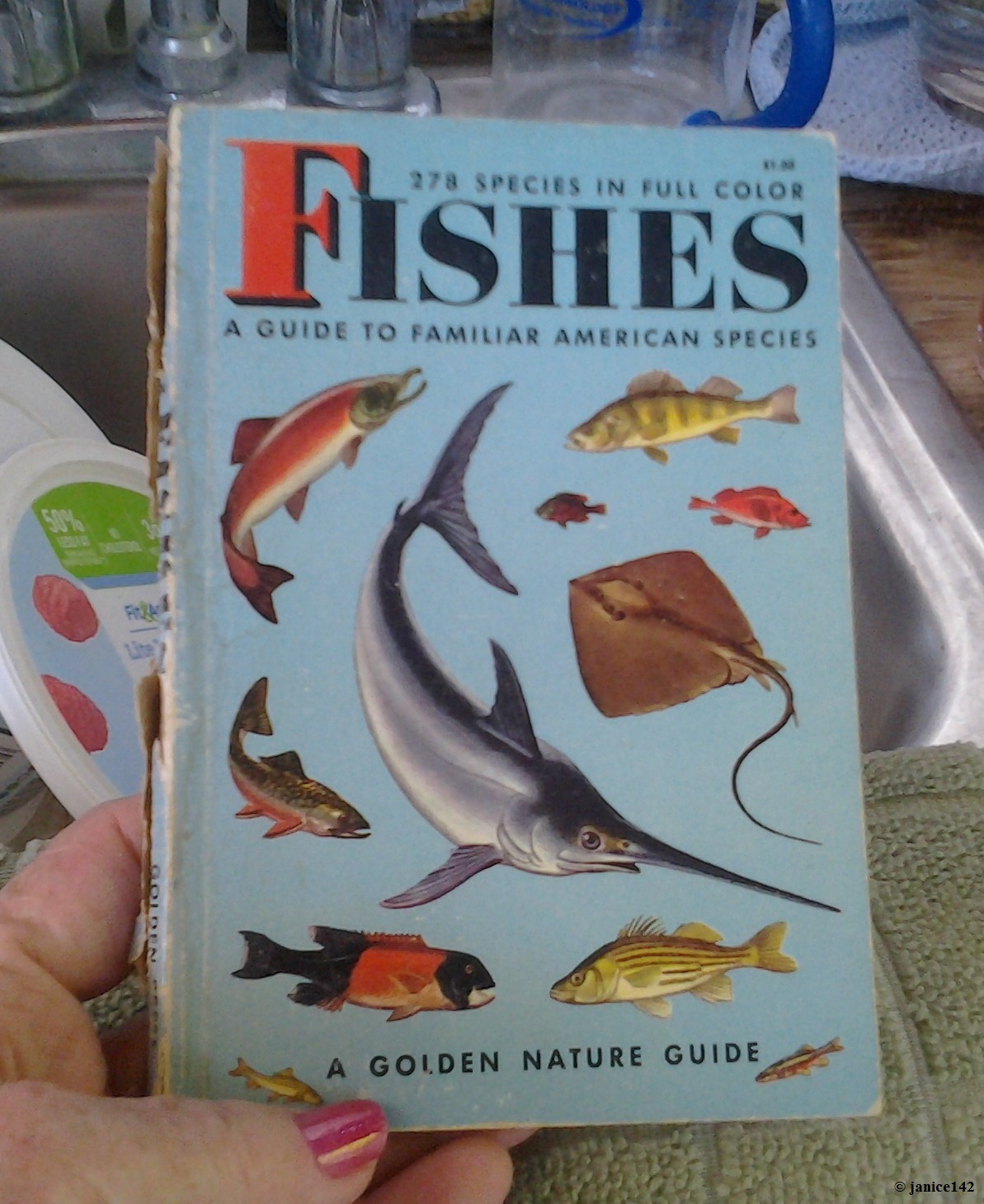AdmiralS
Senior Member
Hello TF People's!
We are looking into building a little library on the boat.
We are looking for recommendations of books to add to the library.
I haven't decided if we want to do actual paperback books, or have a dedicated Kindle with the books, as well as PDF's of all of the various boats manuals and components.
I am quite handy, but would like to have some books onboard for those times that we may want to reference something while cruising and the internet isn't always available.
So far over the years, We have accrued these books over the years -
1. Voyaging Under Power, 4th Edition - by Beebe, Robert P., Umstot, Denis
2. The Arts of the Sailor: Knotting, Splicing and Ropework by Smith, Hervey Garrett
3. The Great Loop Experience - From Concept to Completion: A Practical Guide for Planning, Preparing and Executing Your Great Loop Adventure - by Hospodar, George, Hospodar, Patricia
4. The New Get Rid of Boat Odors: A Boat Owner's Guide to Marine Sanitation Systems and Other Sources of Aggravation and Odor by Hall, Peggie
5. Boatowners Mechanical and Electrical Manual 4th Edition - Calder, Nigel, International Marine Publishing
What else would be a good addition?
Thanks in advance!
Seth
We are looking into building a little library on the boat.
We are looking for recommendations of books to add to the library.
I haven't decided if we want to do actual paperback books, or have a dedicated Kindle with the books, as well as PDF's of all of the various boats manuals and components.
I am quite handy, but would like to have some books onboard for those times that we may want to reference something while cruising and the internet isn't always available.
So far over the years, We have accrued these books over the years -
1. Voyaging Under Power, 4th Edition - by Beebe, Robert P., Umstot, Denis
2. The Arts of the Sailor: Knotting, Splicing and Ropework by Smith, Hervey Garrett
3. The Great Loop Experience - From Concept to Completion: A Practical Guide for Planning, Preparing and Executing Your Great Loop Adventure - by Hospodar, George, Hospodar, Patricia
4. The New Get Rid of Boat Odors: A Boat Owner's Guide to Marine Sanitation Systems and Other Sources of Aggravation and Odor by Hall, Peggie
5. Boatowners Mechanical and Electrical Manual 4th Edition - Calder, Nigel, International Marine Publishing
What else would be a good addition?
Thanks in advance!
Seth


